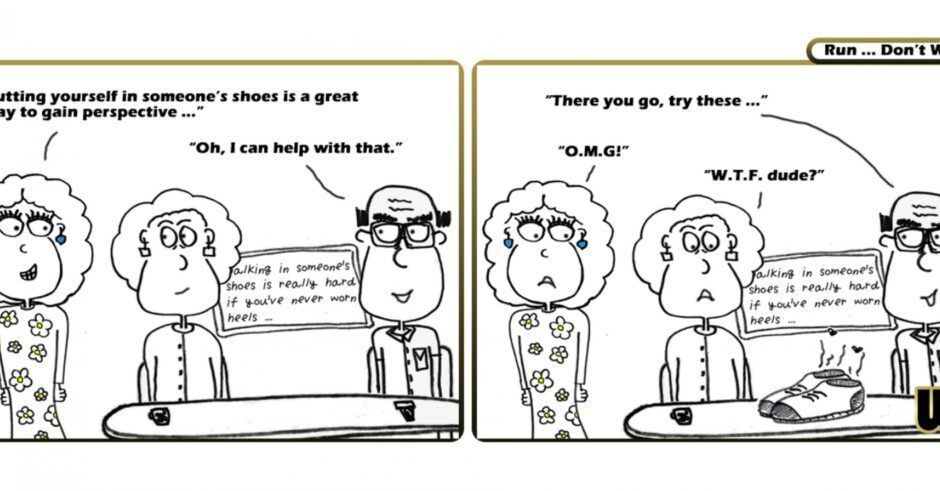We have talked about being of service in prior posts, today I want to take it a step further and talk about seeing the system. For our techie friends, we don’t mean computer systems or apps, we are talking about the dynamics at play, the situational system. Perhaps an example will help.
It’s not about you. Suppose your boss shuts down your idea. You don’t understand why your boss shut it down.
- Maybe your boss is too stupid to recognize your great idea.
- Maybe you didn’t communicate it effectively.
- Maybe your boss doesn’t like you.
- Maybe your boss is going to steal your idea and claim it as their own.
These possible explanations have one thing in common, they are all about you. When you make it about you, you are going to fail. Not only will you fail, but you’ll be pretty stressed out while you’re failing.
See it from the other person’s perspective. Traditional wisdom suggests that you try and put yourself in the other person’s shoes. Why might your boss have shut down your idea? What might they be thinking?
- Your boss could be just so stressed that they can’t absorb another idea
- Your boss is just tired of hearing ideas
- Your boss may be afraid you’re going to take her job
- Your boss may have just gotten reamed out from her boss
This is a great starting place, but let’s take it a step further.
What does the system say? Here’s the big secret to success…ready? Imagine yourself floating above the situation, looking at it from above. Picture yourself as a “third entity”, the eye in the sky. What do you see? What does the system need? If you can serve the needs of the system, rather than the needs of yourself or your boss, you’ll always be swimming with the current.
In the example above, what did the system need?
- Is there a higher priority than the problem your idea is solving?
- Is the system overloaded and unable to process new ideas?
- What idea might serve the system right now?
Language is important. Consider this language:
“I have an idea. I think this will work. Give ME a budget to do it.”
This language suggests that the listener evaluate you and your idea as one. Speaking in the context of the system, separates you from the idea. Try this language:
“Here’s an idea that might solve this problem. If we allocate budget for this idea, we can solve the problem.”
This language puts the system first.
Sometimes when I talk about this “third entity” of the system, people will say “yeah but then I won’t get credit!” Return to Coda. It’s not about you.
The Business Transformation Network has posted this article in partnership with WorkBytes.




